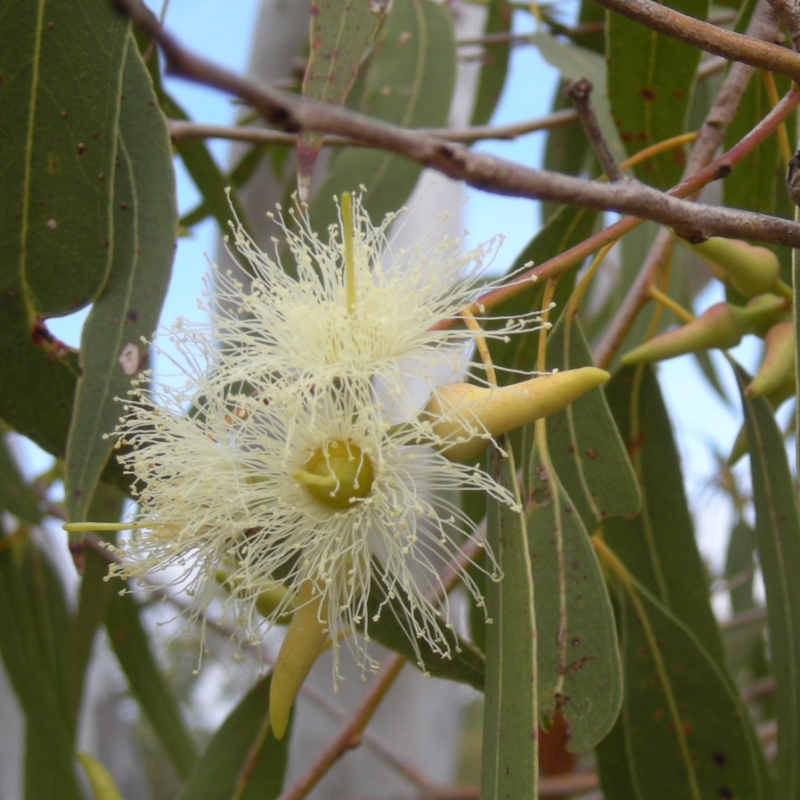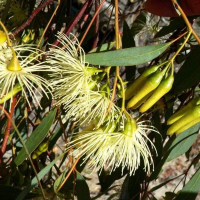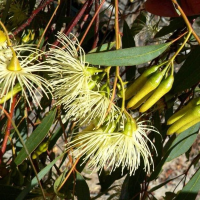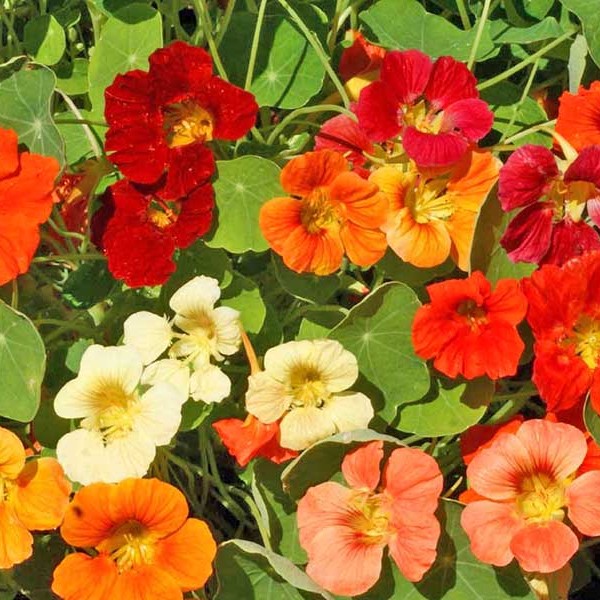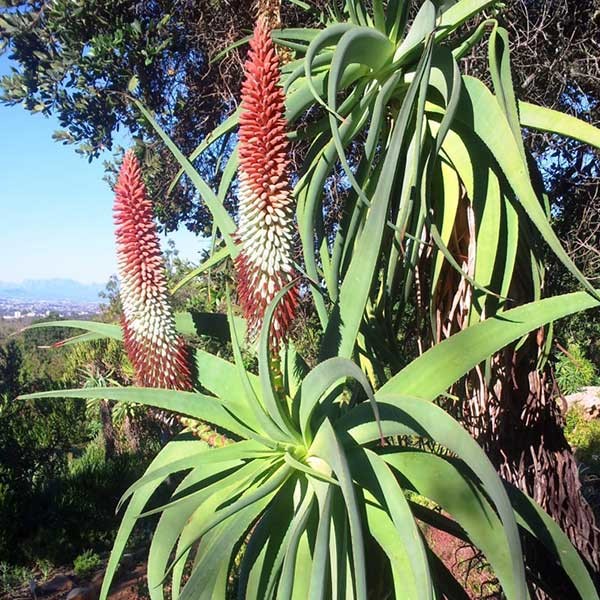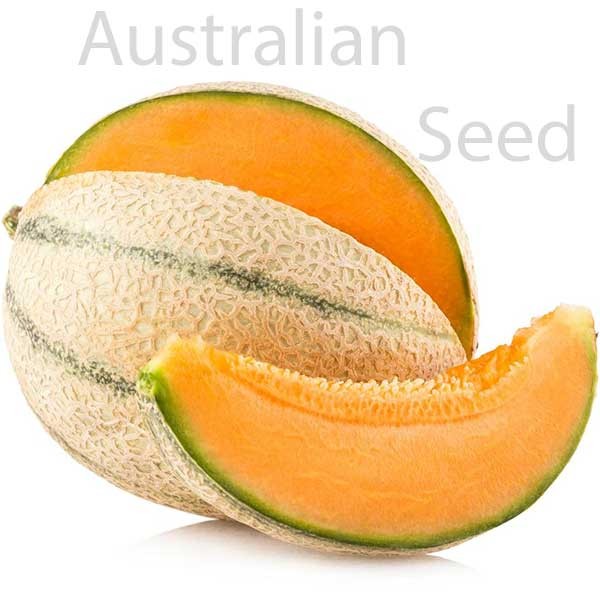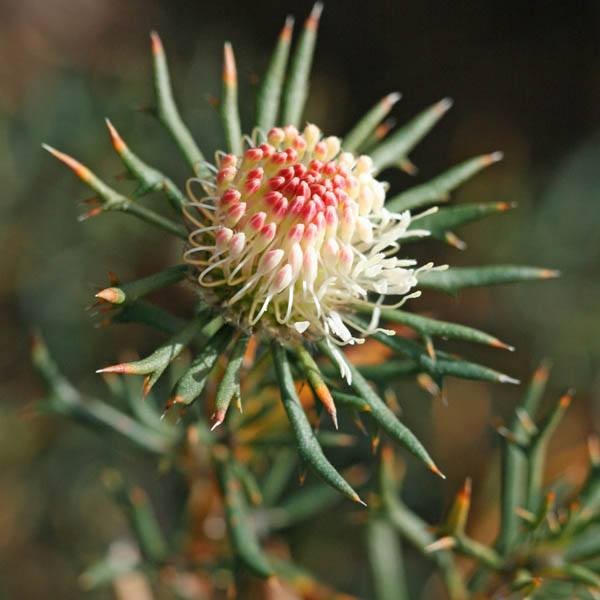We ship Internationally and Australia-wide | Phytosanitary Certificates are available for international orders.
Due to high order volumes, our handling time has been extended to 5-7 business days. We apologise for any inconvenience and appreciate your patience.
Within its natural range Eucalyptus occidentalis varies in form from a large mallee to 8 m on poorer sites to a tree of up to 20 m in height, typically with an umbrella-shaped flat. Bark on the trunk is rough, fibrous, and flaky.
Creamy white flowers appear from long elongated buds from September to December but can occur at during the Autumn and winter months depending on the conditions. An early flowering eucalypt that is known to flower within the first year of growth.
Tolerant of seasonally waterlogged sites including areas affected by moderate to high levels of salinity. Tolerates salt-laden coastal winds. Drought and frost tolerant.
This species of Eucalypt has a fairly wide range across the southern part of Western Australia and is mostly found within 150 km of the south coast from west of Albany to east of Esperance.
Adaptable to a range of soils including clay and poor sandy soils. Prefers a well-drained soil in a sunny position.
Grow notes:
Eucalypt's germinate readily from seed and are generally considered one of the easiest natives to grow from seed.
Depending on the species Eucalyptus seed comes in various sizes from very fine to several millimetres long. As a rule of thumb seed that is fine should be sown on the surface of a porous mix and not buried. Seed 1 to 2 mm in diameter can be covered very lightly and seed from 2 mm up can be sown to a depth of the seed width.
Although seed can be sown most of the year in many parts of Australia seed is generally best sown in spring or autumn in temperate climates, avoid the coldest and hottest months of the year. The optimum germination temperature for germination is around 18-22°C
- Sow seed on surface of a porous seed raising mix. The seed will lodge in the pores of the mix once watered.
- Sprinkle a very light covering of the seed raising mix over the seed if required to hold the seed in place. Do not bury seed deeply.
- Water with fine mist spray to avoid disturbance of the seed.
- Place in a warm shaded or semi-shaded position to avoid dying out.
- Keep warm & moist, avoid drying out or waterlogging the growing mix.
- Germination generally occurs in around 10-28 days in the right condition.
General note: Seeds of many natives are dormant and require specific conditions or pre-treatment for germination.
Do not be too hasty to discard seed that does not germinate, seeds will often lay dormant until the conditions are similar to their natural requirements for germination to occur. Containers put to one side will often surprise long after they were discarded.
Best sown in spring or autumn in temperate climates, avoid the coldest and hottest months of the year. The optimum temperature for germination is around 18-22°C
Sow seed in a seed-raising mix just below the surface.
Water with a fine mist spray to avoid disturbance of the seed.
Germination generally occurs in around 10-28 days.
Please note:
These growth notes are provided as guidance only and do not guarantee successful germination.
If you are uncertain about the requirements for importing seeds into your country, do not hesitate to contact our Export Manager at Australian Seed.
Being a registered Export Establishment, we have an officer who can help you obtain Phytosanitary certificates if needed.
It is important to note that the buyer is responsible for clearing the goods through customs and paying all associated charges, including import fees and taxes. Please note that we cannot accept returns due to Australian quarantine restrictions.
You can find the complete International terms and conditions by clicking on this link
At Australian Seed, we take pride in our extensive network of trusted suppliers and collectors who work with us to provide you with an unmatched selection of top-quality products.
Whether you are searching for a specific item or need to make a bulk purchase, our team is here to help. Our dedicated customer service representatives can guide you through our vast inventory and assist you in finding exactly what you need.
We are committed to providing our customers with the highest level of service and support.
Please don't hesitate to contact us If you require any assistance. Please don't hesitate to contact us at Australian Seed

